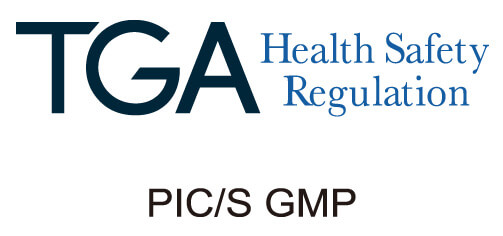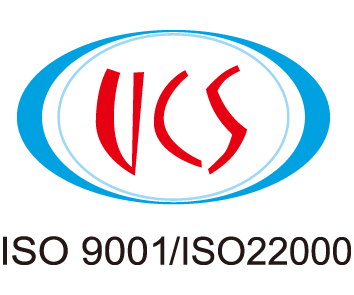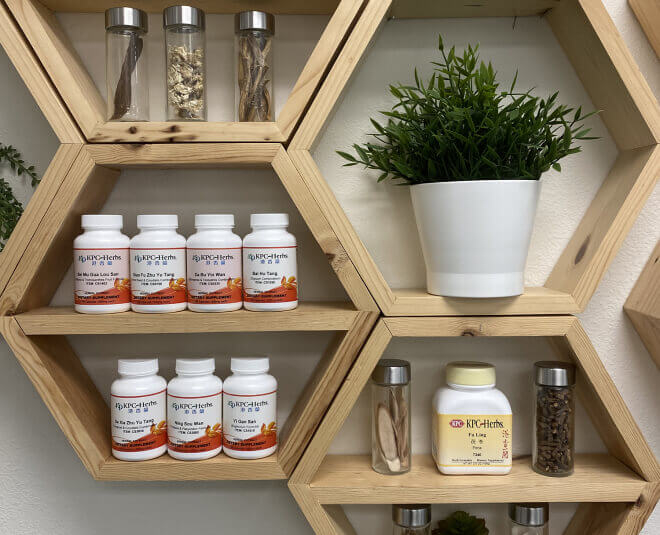KPC Herbs believes strongly in the benefits that Traditional Chinese Medicine gives today’s consumers. But how can you ensure that the herbs you are taking are safe, of outstanding quality, and able to deliver their intended benefits? That’s where understanding manufacturing certification plays a vital role.
Modern manufacturing technologies and testing protocols ensure that the herbal supplements customers buy now are authentic, effective, and completely safe to consume. KPC makes the quality of its products its number one priority. To deliver the highest quality supplements to consumers, we take many deliberate measures to evaluate our herbs at every stage of production. However, KPC does more than simply adhere to a few best practices models.
KPC regularly submits itself to inspections by the most stringent pharmaceutical bodies, who independently certify that our operations comply with national and international regulations and standards. These certifications give our customers a completely unbiased measure of the quality of our production facilities and products. As a result, our partners and customers can buy from us with complete confidence.
No matter which manufacturer you purchase your herbs from, it is imperative to ensure that they adhere to the highest possible standards and that their certifications are all up to date. KPC’s operations wholly comply with some of the highest standards in the world, including:
NSF cGMP and TGA PIC/S Standards

Consumers can trust KPC Herbs’ supplements because we are certified by two of the world’s most rigorous pharmaceutical manufacturing standards, TGA PIC/S and NSF cGMP. To maintain these certifications, we regularly submit our pharmaceutical manufacturing facilities to independent scrutiny by each of these internationally-recognized inspection and certification boards. These measures ensure that KPC Herbs’ products almost meet world-class standards of quality and safety.
Therapeutic Goods Administration Health Safety Regulation (TGA) & Australia’s Pharmaceutical Inspection Convention and Pharmaceutical Inspection Co-operation Scheme (PIC/S) GMP
TGA and PIC/S represent the world’s strictest pharmaceutical manufacturing standards. TGA and PIC/s are internationally recognized, have the most stringent production facility requirements, and provide customers of certified facilities with the highest levels of consumer confidence. TGA and PIC/S regulate all aspects of a pharmaceutical manufacturer’s production infrastructure and procedures, including personnel, premises, equipment, documentation, manufacturing line, quality assurance, defect management, and self-inspection capabilities.
NSF International Current Good Manufacturing Practice (NSF cGMP)

These protocols are intended to ensure that products produced in certified facilities consistently meet or exceed the strictest quality standards. These results are achieved by ensuring that every stage of production meets or exceeds the highest safety, quality, and verification standards. Aspects regulated by NSF cGMP include the design, monitoring, and control of all manufacturing systems within a company’s production facilities. Companies must submit to annual recertification to maintain their NSF cGMP status. Proof of certification should be made available to consumers readily and on demand by any NSF cGMP-certified facility.
ISO 17025 and 22000 Quality Management System Protocols
The International Organization for Standardization, commonly known as ISO, develops and publishes a range of quality management system protocols that govern all aspects of a business’s manufacturing operations. By adopting these protocols and committing to regular inspections by the governing body, companies can
- Implement manufacturing best practices at every stage of their operations
- Identify production anomalies quickly and with veracity
- Correct deviations to ensure all products continue to meet identified standards
- Maintain adequate production documentation to facilitate on-demand audits
KPC’s facilities currently comply with all of the following ISO protocols:
ISO 17025
 ISO 17025 governs the testing and calibration of devices in laboratory settings as well as corresponding laboratory techniques. The protocol ensures that accurate and precise measurements can be taken for product analysis and quality control purposes. Laboratories must be accredited to comply with this regulation. Accreditation verifies their technical competency; inspection boards do not accept data from unaccredited laboratories. Continuous quality improvement initiatives are also mandated as a part of ISO 17025 compliance. Adoption of this standard is one of the primary indicators of a competent laboratory; buyers should not accept testing results from labs that are not ISO 17025 certified.
ISO 17025 governs the testing and calibration of devices in laboratory settings as well as corresponding laboratory techniques. The protocol ensures that accurate and precise measurements can be taken for product analysis and quality control purposes. Laboratories must be accredited to comply with this regulation. Accreditation verifies their technical competency; inspection boards do not accept data from unaccredited laboratories. Continuous quality improvement initiatives are also mandated as a part of ISO 17025 compliance. Adoption of this standard is one of the primary indicators of a competent laboratory; buyers should not accept testing results from labs that are not ISO 17025 certified.
ISO 22000 HACCP (Hazard Analysis and Critical Control Points)

ISO 22000 regulates the safety of consumable products through the continual monitoring of potential contaminant levels throughout the manufacturing process. To comply, manufacturers must have a Food Safety Management protocol in place, which requires the implementation of a Hazard Analysis and Critical Control (HACC) plan. ISO 22000 standards apply to herbal supplements since the FDA has classified them as “food” for regulatory purposes.
KPC Herbs’ Certified Facilities Ensure Herbs and Formulas You Can Trust and Use Every Day
KPC Herbs has embraced a commitment to quality since its founding five generations ago. Today’s KPC provides consumers with products produced in facilities that adhere to the strictest pharmaceutical manufacturing standards, so you can focus entirely on your health with complete peace of mind.
KPC Herbs wants to you enjoy wellness, naturally, through its many herbal supplements. Our products can help supplement and enhance your current health program or be taken on their own for a completely natural approach to health maintenance. However you choose to use our products, we wish you the best of health!
________
*Please note: These statements have not been evaluated by the FDA. This article is not intended to suggest specific treatments for patients or that any supplements mentioned prevent or cure diseases or problems. Before taking any herbs, all patients should discuss their options with a licensed practitioner, including any other medications the patient is currently taking, as there may be contraindications between pharmaceuticals and herbs.

